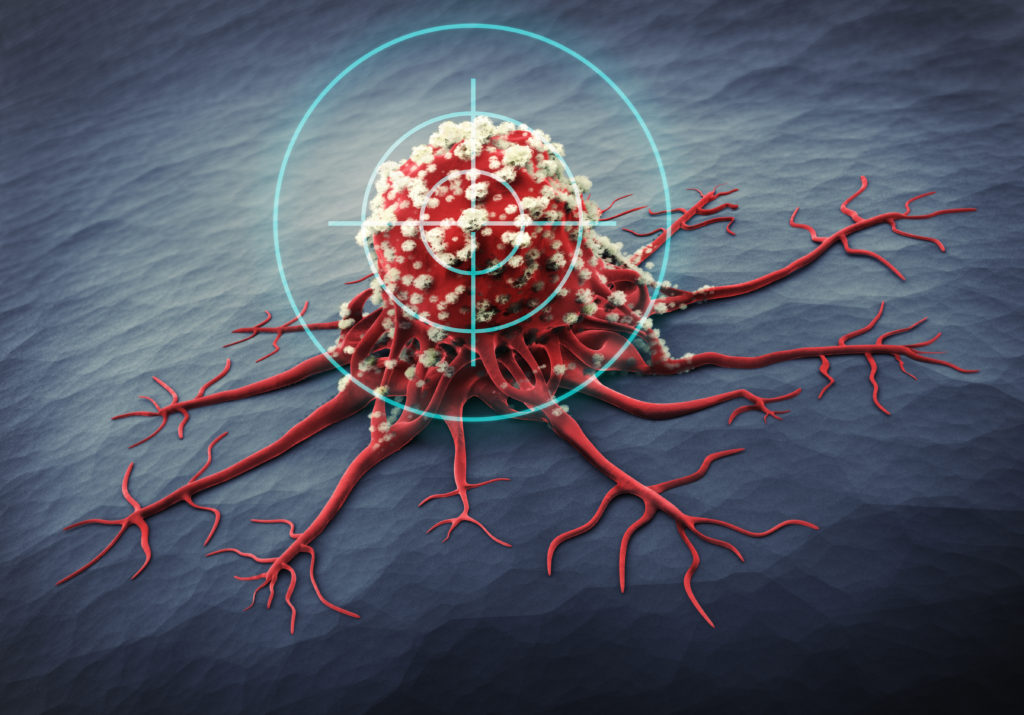If you’re a federal employee and have questions about continuing coverage, please speak to your Patient Benefits Specialist and visit our insurance page here: virginiacancerspecialists.com/insurance/. Exciting News! Our Gainesville Office has moved to Bristow – 9450 Innovation Drive, Manassas, VA 20110. Same great providers and care team, same exceptional care, new, larger space to better serve our patients.
What are Targeted Therapies?
Targeted cancer therapies are drugs or other substances that block the growth and spread of cancer by interfering with specific molecules involved in tumor growth and progression. Because scientists often call these molecules “molecular targets,” targeted cancer therapies are sometimes called “molecularly targeted drugs,” “molecularly targeted therapies,” or other similar names. By focusing on molecular and cellular changes that are specific to cancer, targeted cancer therapies may be more effective than other types of treatment, including chemotherapy and radiotherapy, and less harmful to normal cells.
Many targeted cancer therapies have been approved by the U.S. Food and Drug Administration (FDA) for the treatment of specific types of cancer. Others are being studied in clinical trials (research studies with people), and many more are in preclinical testing (research studies with animals).
Targeted cancer therapies are being studied for use alone, in combination with other targeted therapies, and in combination with other cancer treatments, such as chemotherapy.

How do targeted cancer therapies work?
Targeted cancer therapies interfere with cancer cell division (proliferation) and spread in different ways. Many of these therapies focus on proteins that are involved in cell signaling pathways, which form a complex communication system that governs basic cellular functions and activities, such as cell division, cell movement, how a cell responds to specific external stimuli, and even cell death. By blocking signals that tell cancer cells to grow and divide uncontrollably, targeted cancer therapies can help stop cancer progression and may induce cancer cell death through a process known as apoptosis. Other targeted therapies can cause cancer cell death directly, by specifically inducing apoptosis, or indirectly, by stimulating the immune system to recognize and destroy cancer cells and/or by delivering toxic substances to them.
To learn more and to see what types of cancer are currently being treated with targeted therapies, visit the National Cancer Institute










